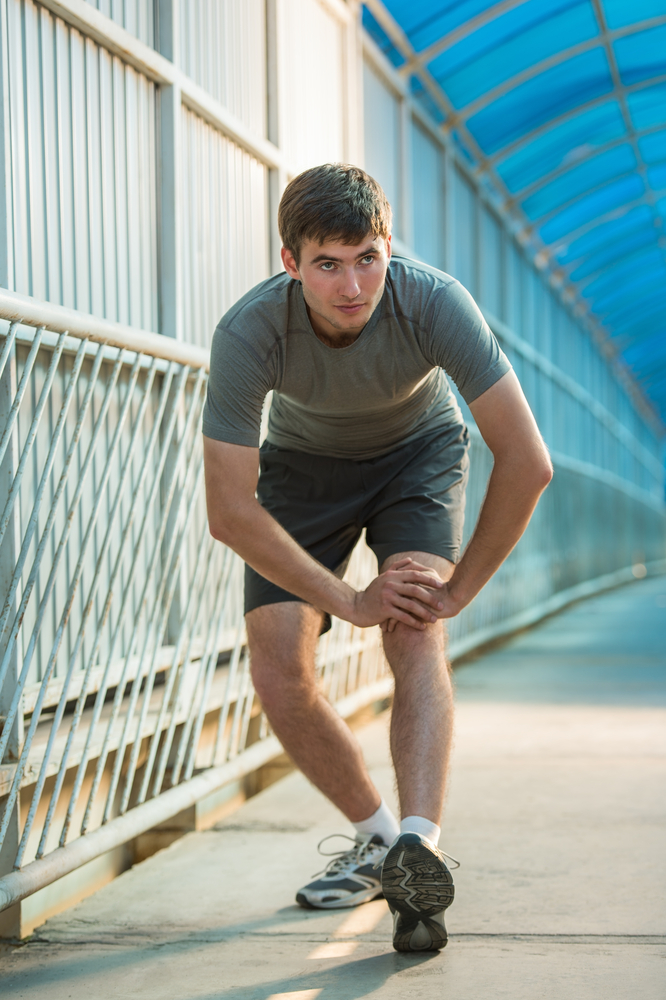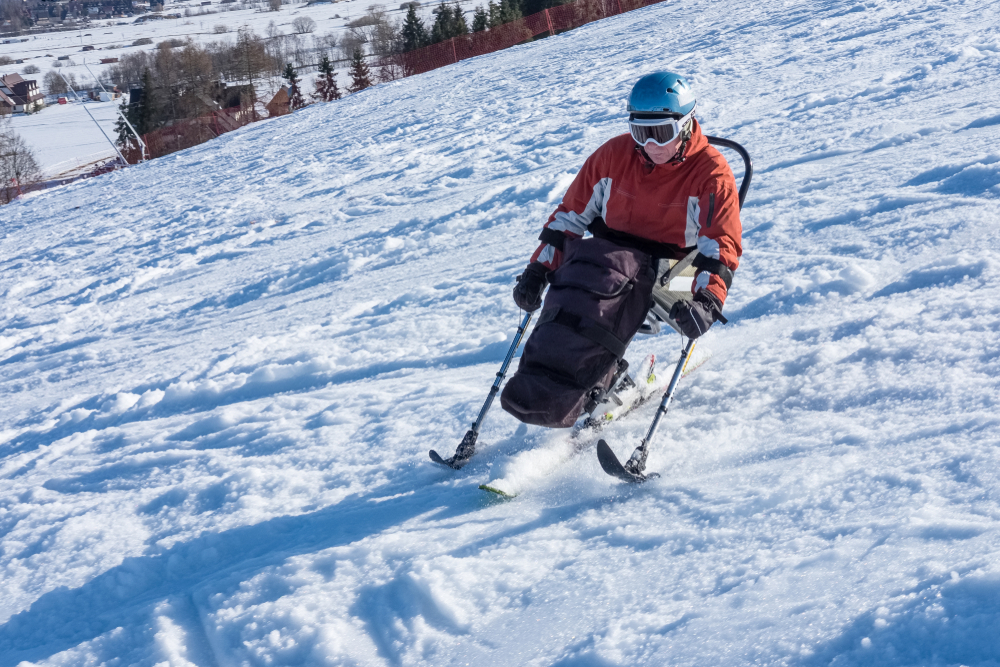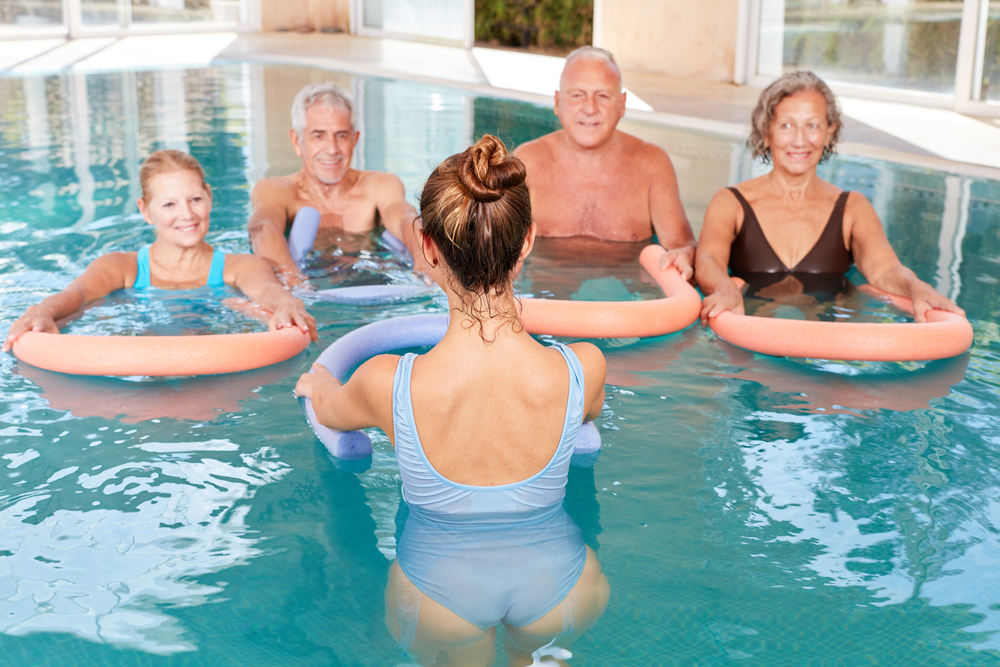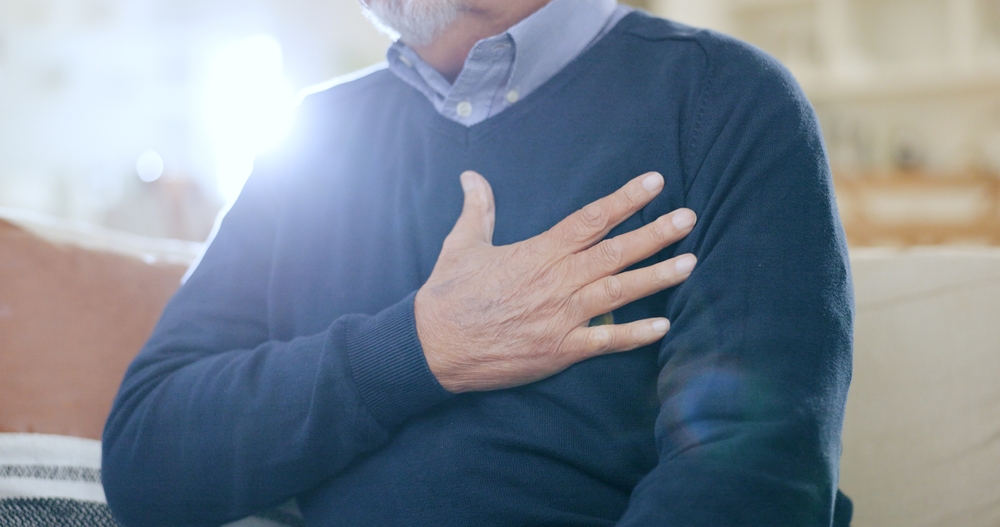Make an Appointment
If you are reading through this, it means that muscle cramps aren’t a rarity for you. And because we’re writing about it, we know how much pain they could be. Cramps could largely impact your performance within and outside the gym and that’s why it’s essential to know what causes them and what is the solution to get rid of them.
So here it is, everything you need to know about cramps.
What Is a Cramp?
A cramp is an involuntary contraction of a muscle in your body that’s not ready to give up on the contraction. Interestingly, cramps could affect even all those muscles that are under your voluntary control. Also, cramps could involve either a part of a muscle or several muscles, involuntarily contracting together.
What Muscles Are Commonly Affected by Cramps?
The most common muscles that are the victims of cramps are:
- Back of thigh
- Back of lower calf/leg
- Front of thigh
But if you are training in the gym, you could expect a cramp in any muscle of your body that’s being put under exertion. However, cramps in arms, hands, feet, abdomen and even along the rib cage are also quite common with many people. These cramps could range from a very slight spasm to an agonizing and prolonged muscle contraction.
Cramps are easily identifiable as a twitch or distorted beneath the skin.
How long does a cramp usually last?
A cramp normally lasts a few seconds to as much as 15 minutes, or even longer. Also, a recurring cramp is also possible before you are totally relieved of it.
What are the reasons for cramps?

Sadly, researchers haven’t been able to determine the exact reasons for cramps, but some researchers believe that it’s possibly due to muscle fatigue and inadequate stretching that could lead to a loss of control over the contracting muscles in the body. Other factors are also responsible, including dehydration, heat, and depletion of salts in the body. If you are exercising in hotter conditions, you are going to sweat more and dehydrate more likely.
How could stretching help?
When the muscles in the body are stretched, they contract and expand within their comfort zone; the fibres in the muscles are thus expanded and warmed up for an intense and vigorous workout afterwards. But if your body isn’t properly conditioned, it could lead to muscle fatigue, and inevitably to neural reflex activity. Overexertion is also responsible for the spasms as waste products build up in the muscles, leading to stiffness and cramps.
Who is more likely to get cramps?
Anyone can get cramps somewhere in their life. It can happen while you are exercising or even when you are just comfortably sitting in a recliner. Sometimes, all it takes is a slight movement for the muscles to trigger a cramp.
However, there is some evidence for the predisposition of cramps in some people, those who regularly get them without any physical exertion. However, if you are an athlete or weight trainer, muscle cramps are going to recur time and again.
Treatment for cramps:
- Don’t proceed with the activity that triggered the cramp.
- Hold the muscle in stretch position and wait for the cramp to stop. After that, gently massage the affected muscle.
- Add some heat to tight muscles and cold to tender muscles.

Date Published: Friday, June 17, 2005
Locate a Mobile Physiotherapy
Service Near me
Get the experience & convinence you deserve to support your or a loved one's allied health needs.
Our Mobile Physiotherapy team are currently serving & taking appointments in the following states and regions in Australia:
Need to get into direct contact with ur Client Services team? We're all ears. Call our team directly on 1300 731 733








